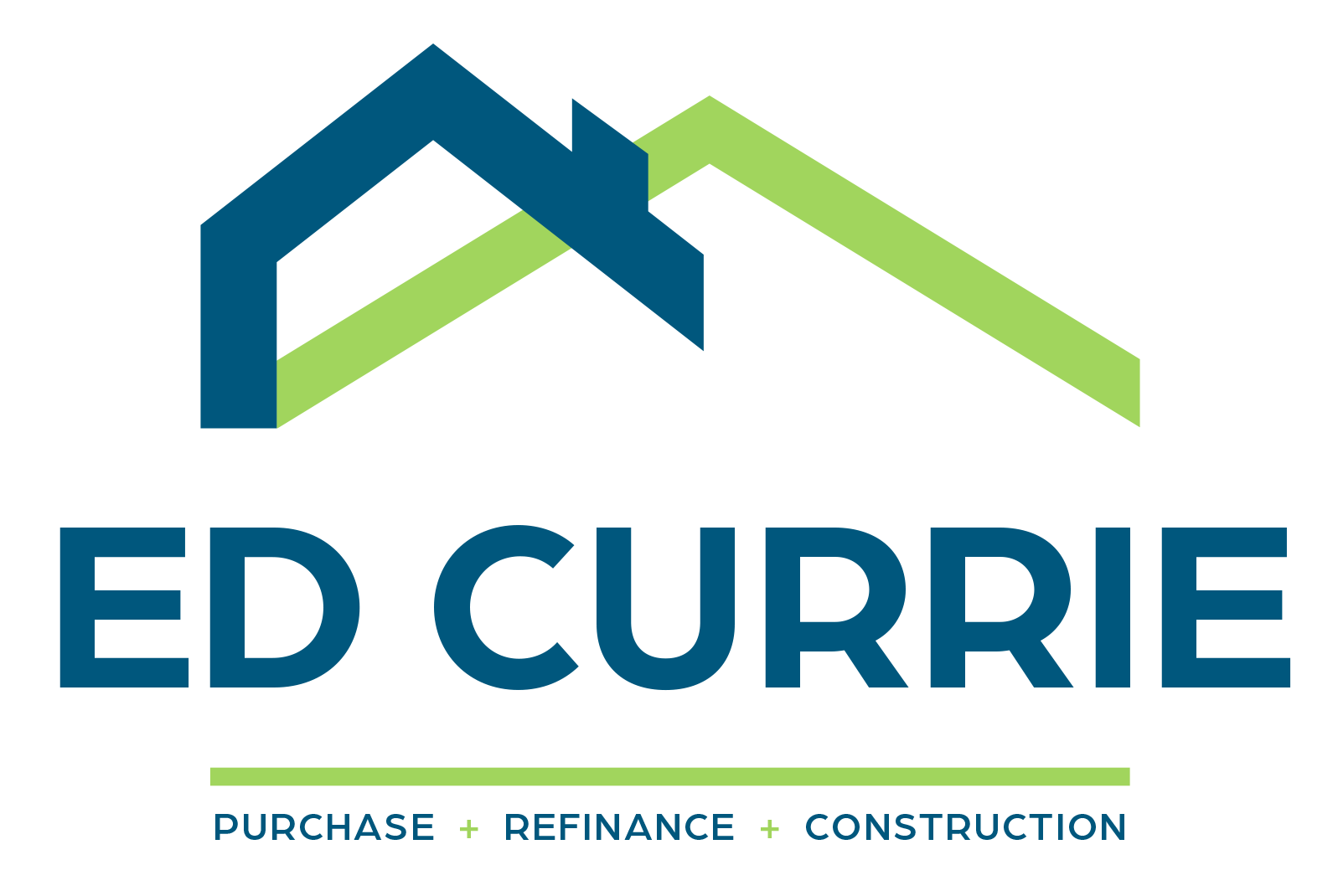 You probably already know that qualifying for a mortgage can be the biggest hurdle — aside from actually finding that dream property — along the path to home ownership.
You probably already know that qualifying for a mortgage can be the biggest hurdle — aside from actually finding that dream property — along the path to home ownership.
Rather than agonizing about it, however, there are some positive actions you can take in advance to help you realize your dream.
Take A Close Look At Your Budget
If you don’t currently operate with a comprehensive household budget, get started now to analyze your income and monitor your spending habits. There’s no better way to prepare for home ownership than by being realistic about how you spend your money. If you don’t have a regular savings program, or if you’re constantly short on cash prior to the next payday, take steps to remedy the problem. Plan for the future by getting the present in check.
Gather Employment And Earnings Records
Mortgage lenders want to see stability and commitment. Finding and organize your employment records to show a consistent earnings pattern and, hopefully, a record of growth, both in terms of income and responsibility. Simplify the task of gathering required documents by collecting all records in a binder or notebook that can easily be copies when it’s time to submit them to a lender. It’s a confidence-building step as well.
Organize Your Banking Records
Lenders will not only want to see employment records, but they will require copies of all bank and investment accounts as well. Again, by being organized and getting a handle on your dollar inflow and outflow, you’ll gain insights into your individual spending habits and make the job easier for a mortgage specialist.
Make Copies Of Your Tax Returns
Tax returns confirm and validate all the other financial information that you will be required to supply. Typically, returns for the past two or three years will be required. If you own a small business or have income in addition to that from paid employment, make copies of those records as well.
Put A Halt To Spending
Perhaps the best way to demonstrate your serious intent to purchase — and pay for — a new home is by curtailing your spending on impulse purchases and expensive entertainment. This is not the time to buy a new car, book an exotic vacation, purchase major electronics or even home furnishings, or commit to time payments of any sort. Frugality should become your mantra in the months leading up to loan qualification.
Monitor Your Credit Cards
If your credit rating is within acceptable limits, do what you can to make all payments on time, pay down balances, minimize new purchases and demonstrate your continuing ability to “live within your means.” Do not apply for new credit cards, no matter how tempting the offers, because increased account activity can adversely affect your FICO score. In addition, if you have a blip on your credit report, do what you can to repair it prior to making a mortgage loan application, or be prepared to explain the circumstances, in detail and in writing.
Applying for a loan need not be scary; understanding the financial reality, however, is a great benefit.
Contact your trusted home mortgage professional who will be able to assist you in organizing your documents and aligning you with your best financing options.
You probably already know that qualifying for a mortgage can be the biggest hurdle — aside from actually finding that dream property — along the path to home ownership.
Rather than agonizing about it, however, there are some positive actions you can take in advance to help you realize your dream.
Take A Close Look At Your Budget
If you don’t currently operate with a comprehensive household budget, get started now to analyze your income and monitor your spending habits. There’s no better way to prepare for home ownership than by being realistic about how you spend your money. If you don’t have a regular savings program, or if you’re constantly short on cash prior to the next payday, take steps to remedy the problem. Plan for the future by getting the present in check.
Gather Employment And Earnings Records
Mortgage lenders want to see stability and commitment. Finding and organize your employment records to show a consistent earnings pattern and, hopefully, a record of growth, both in terms of income and responsibility. Simplify the task of gathering required documents by collecting all records in a binder or notebook that can easily be copies when it’s time to submit them to a lender. It’s a confidence-building step as well.
Organize Your Banking Records
Lenders will not only want to see employment records, but they will require copies of all bank and investment accounts as well. Again, by being organized and getting a handle on your dollar inflow and outflow, you’ll gain insights into your individual spending habits and make the job easier for a mortgage specialist.
Make Copies Of Your Tax Returns
Tax returns confirm and validate all the other financial information that you will be required to supply. Typically, returns for the past two or three years will be required. If you own a small business or have income in addition to that from paid employment, make copies of those records as well.
Put A Halt To Spending
Perhaps the best way to demonstrate your serious intent to purchase — and pay for — a new home is by curtailing your spending on impulse purchases and expensive entertainment. This is not the time to buy a new car, book an exotic vacation, purchase major electronics or even home furnishings, or commit to time payments of any sort. Frugality should become your mantra in the months leading up to loan qualification.
Monitor Your Credit Cards
If your credit rating is within acceptable limits, do what you can to make all payments on time, pay down balances, minimize new purchases and demonstrate your continuing ability to “live within your means.” Do not apply for new credit cards, no matter how tempting the offers, because increased account activity can adversely affect your FICO score. In addition, if you have a blip on your credit report, do what you can to repair it prior to making a mortgage loan application, or be prepared to explain the circumstances, in detail and in writing.
Applying for a loan need not be scary; understanding the financial reality, however, is a great benefit.
Contact your trusted home mortgage professional who will be able to assist you in organizing your documents and aligning you with your best financing options.




![EdCurrie_Logo White[Transparent] EdCurrie_Logo White[Transparent]](https://edcurrie.com/wp-content/uploads/elementor/thumbs/EdCurrie_Logo-WhiteTransparent-qybu3sjgpfhje9098uitv7fpt7os2hgn52gfy6ocx4.png)